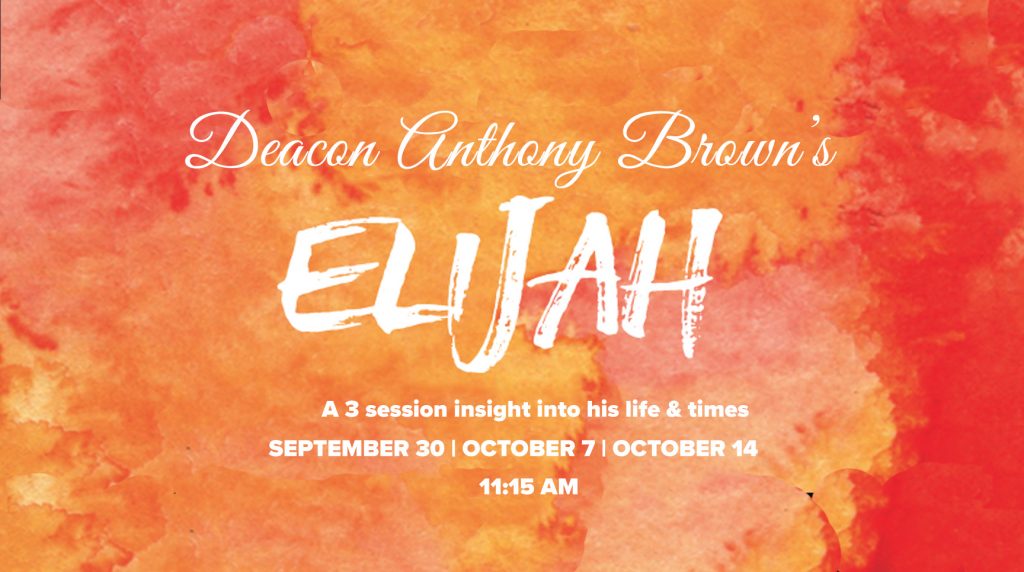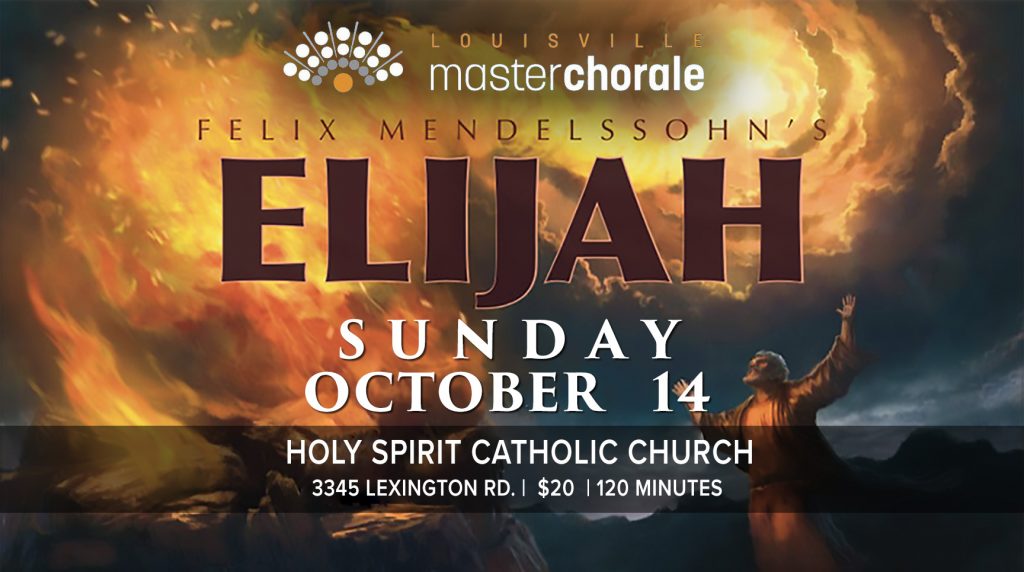About the composer
Felix Mendelssohn-Bartholdy (1809-1847) from his first visit to England in 1829, fascinated the English, who soon came to love him and his work. This included the King and Queen. In 1836, his oratorio St. Paul (Op. 36) was a great success at the triennial music festival in Birmingham, England. A decade later he was asked to direct the festival and to provide an oratorio for the occasion. The result was Elijah (Op. 70), with a German libretto by his old friend Julius Schubring (1806-1899) and, since it was to be premiered in Birmingham, a brilliant English paraphrase of the libretto by William Bartholomew (1793-1867). Our text will be Bartholomew’s English.
With the exception of a period at the end of the 19th century, influenced to a large degree by Richard Wagner’s virulent antisemitism, Mendelssohn’s oratorio Elijah has been, in the minds and hearts of the musical world, second only to Handel’s Messiah. Mendelssohn combines in his compelling drama the best of the classical and the early romantic musical ideals. Like Handel and Haydn before him, Mendelssohn understood the power of the oratorio.


